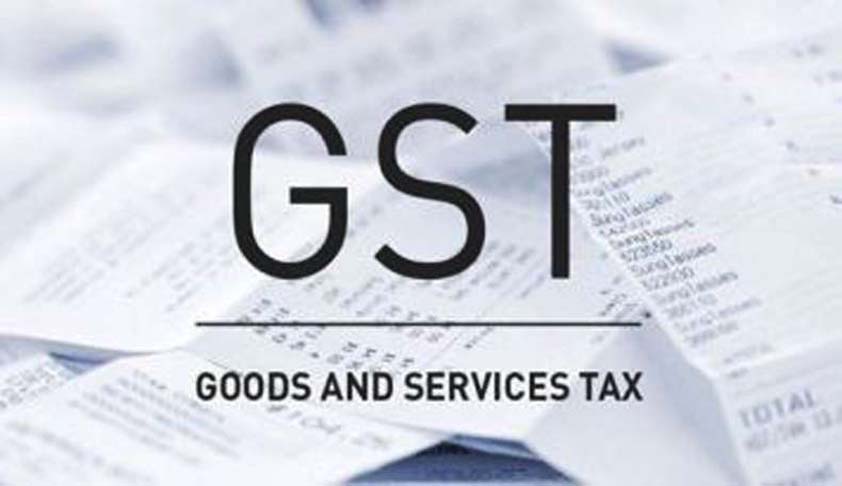Curtain Raiser – Cabinet’s nod to GST Constitutional Amendments
Ankit Varma
28 July 2016 9:23 AM IST

In an interesting and much awaited move, the Cabinet gave a nod to the GST Constitutional Amendment Bill. The GST has created a lot of excitement in the nation since it is a constitutional amendment. The amendments have subtly united the political forces and common consensus can be expected in the much awaited monsoon session.
Amongst the various amendments to the Bill, the Cabinet, with assurance from Finance Minister Arun Jaitley, dropped 1 per cent manufacturing tax and assured the states for any revenue loss within the first five years of rollout of the proposed indirect tax regime. Currently, the Bill offers the Centre 100 per cent compensation to states for first three years, 75 per cent and 50 per cent for the next two years. According to the current amendments, the Centre will now constitutionally guarantee states any loss of revenue from the GST including all indirect taxes, VAT, in the first five years of introduction.
By agreeing to the drop of 1 per cent manufacturing tax, the Cabinet has agreed to one of the demands of the opposition because of which the Bill was pending.
The GST Council has been given the authority to adjudicate any dispute between the States and the Centre. The Council will have members from both the Centre and the States. The appointment of the GST Council for addressing dispute resolution matters will ensure quick execution of pending matters and prevention of long drawn legal battles.
With most of the amendments acquired majority consent from the States as well as the Centre, the Goods and Services Tax (GST) Bill might get a final consent in the ongoing monsoon session of Parliament. The Lok Sabha will again have to review the GST Constitutional Amendment Bill once the Rajya Sabha approves it. However, there are chances of approval since the Bill with the said changes was approved by the Lok Sabha last year.
Other demands that gave additional powers to the statute and the Supreme Court for dispute resolution have not received the consent. Since, other amendments have been approved, it would be interesting to wait and watch if the Congress will support the Bill. The Congress may acquiesce if the GST rate will belong to one of the two supporting legislations after the Consitution is amended.
The Government is actively pursuing the Bill so that it gets manifested by April 1, 2017, and awaiting a favourable response to build a consensus in the ongoing monsoon session.
The prolonged delay by the Congress contending the GST rate cap has found a temporary relief by including it in the GST law and not in the Constitution. It is also anticipated that the new tax rate will be lesser than the present rate.
With the new Bill in place, there will be one Central GST or C-GST and State GST or S-GST. States can levy sales tax or VAT on goods sold within their jurisdiction and get a Central Sales Tax (CST) on sales made outside their territories. One per cent additional tax will pave anew way in the States and do away with the CST. The GST Council will be conferred with the powers of adjudication and decision making authority.
The Council will be chaired by Union Finance Minister, but Centre's voting share will be one-third and all decisions of the council would be taken by 75 per cent majority.
It will be a landmark move for the nation if the monsoon session passes the GST Bill. The Bill has witnessed several rounds of contention from political parties and with the new development of accepting the constitutional amendments, India is poised to transform the tax regime of the nation.



